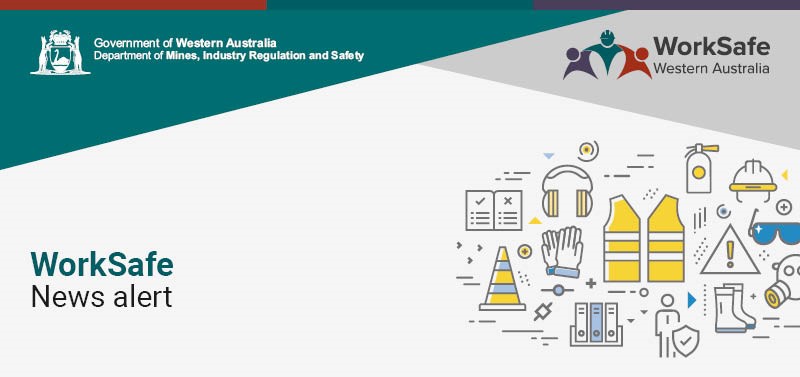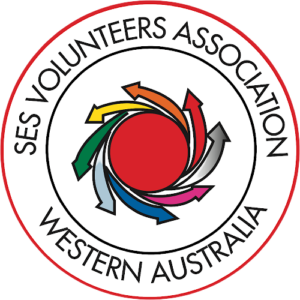
Clean-up after a Cyclone
Cyclones, storms and floods can be traumatic events for those involved and there is naturally a sense of urgency around clean-up activities. However, the most important part of a recovery operation is the well-being of workers, volunteers and the community – the last thing the community needs at this time is a serious or fatal injury. By being vigilant and maintaining safety during this difficult time, you can help reduce the risk of death, injury and illness to yourself, workers and others involved in the clean-up and repair effort.
Work health and safety laws apply to clean-up activities where paid work occurs, or where volunteers are working under the control of an organisation that includes paid work (e.g. volunteers organised by state or local government, or a not-for-profit organisation).
- Plan the work
- Electrical safety
- Working at a height
- Stability of damaged structures and trees
- Demolition
- Asbestos
- Chemical hazards
- Slips, trips and falls
- Biological hazards
- Fatigue management
- Psychological stress
- Manual tasks
- Displaced fauna
- Operating vehicles, wheeled or tracked machinery in the wet or in changed conditions
- Safe use of tools
More information
- Contact WorkSafe at www.dmirs.wa.gov.au, call 1300 307 877 or email wscallcentre@dmirs.wa.gov.au
- Department of Health – Hazards after cyclones and floods
Source Adapted from Storms and floods | WorkSafe.qld.gov.au


